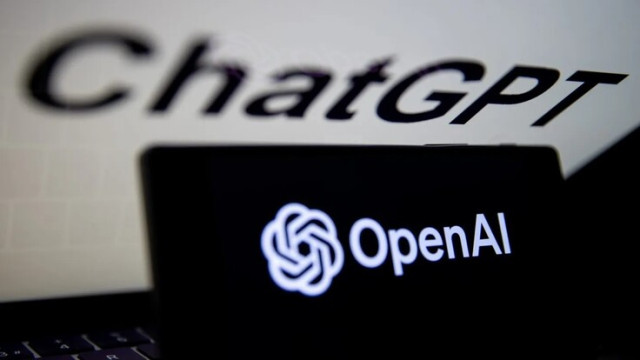Microsoft and OpenAI have announced a $2 million fund aimed at countering deep-fake AI misinformation among voters and vulnerable communities.
Microsoft's corporate VP for technology and corporate responsibility, Teresa Hutson, announced the deal in a blog post on the company's website.
He said the funds are committed to enhancing AI literacy across society. Programs funded by the grants will cover foundational AI concepts, with initiatives like OATS focusing on training programs for individuals aged 50 and over in the U.S.
"The launch of the Societal Resilience Fund is just one step that represents Microsoft and OpenAI’s commitment to address the challenges and needs in the AI literacy and education space," said Hutson in the blog post.
"Microsoft and OpenAI will remain dedicated to this work, and we will continue to collaborate with organizations and initiatives that share our goals and values."
With an unprecedented 2 billion people expected to participate in elections across 50 countries this year, concerns are mounting over the potential influence of AI-generated content on voters, especially in communities deemed more susceptible to misinformation.
The proliferation of generative AI, exemplified by popular chatbots like ChatGPT, has facilitated the creation of sophisticated "deep-fakes" – digitally altered videos, photos, and audio – capable of spreading false narratives.
This has prompted calls from authorities, including India's Election Commission, for political parties to refrain from using deepfakes and similar disinformation tactics in online campaigns.
Recognizing the urgent need to address this evolving threat landscape, major tech companies, including Microsoft and OpenAI, have committed to voluntary pledges to combat the dissemination of misleading AI-generated content.
Also, plans are underway to establish a shared framework aimed at addressing deepfakes specifically designed to deceive voters.
In response to these challenges, leading AI companies have begun implementing measures to mitigate risks associated with their platforms.
Google, for instance, has restricted its Gemini AI chatbot from responding to election-related inquiries, while Meta, Facebook's parent company, has imposed limitations on election-themed responses from its AI chatbot.
The newly established "societal resilience fund" by Microsoft and OpenAI, following the terrain also seeks to bolster AI education initiatives targeting voters and vulnerable populations.
According to the blog post by the companies, grants will be awarded to organizations such as Older Adults Technology Services (OATS), the Coalition for Content Provenance and Authenticity (C2PA), the International Institute for Democracy and Electoral Assistance (International IDEA), and Partnership on AI (PAI).




















